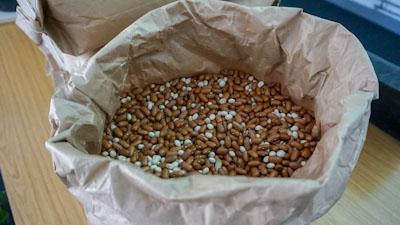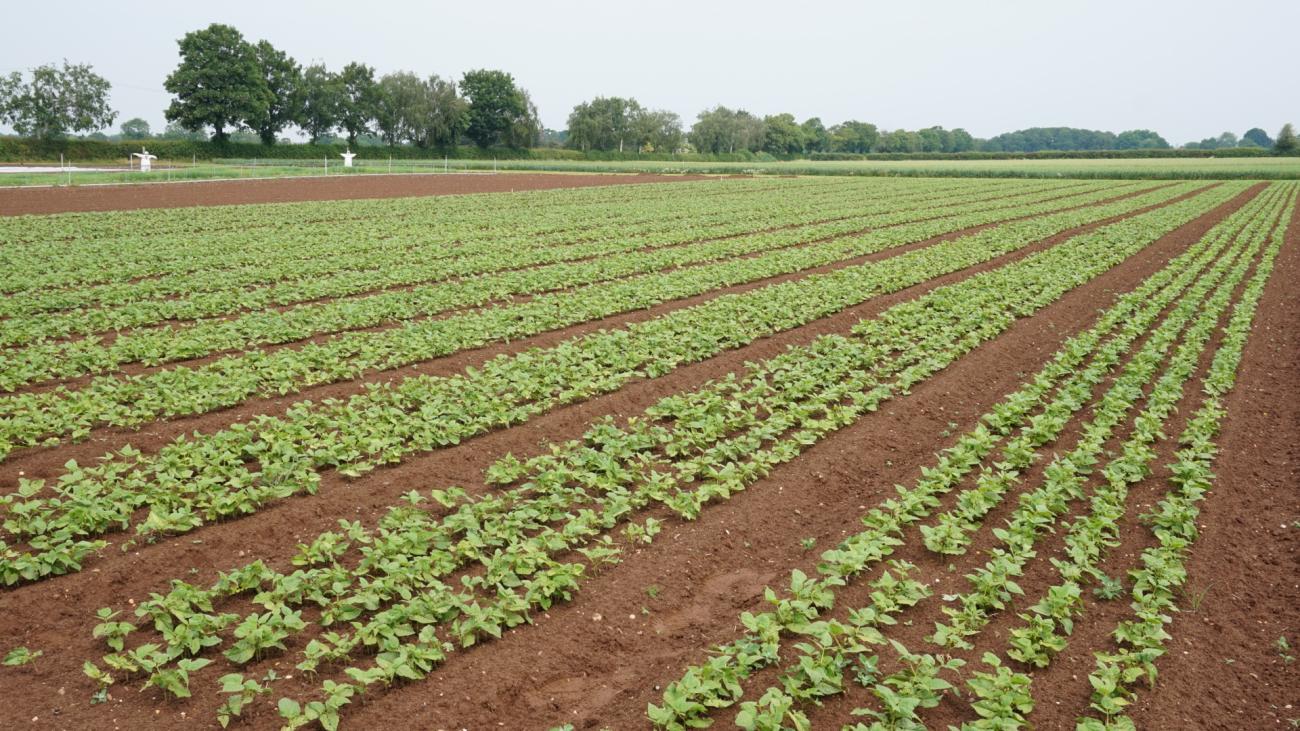Investment to diversify the ways UK-grown beans reach our plates could result in a more sustainable and profitable UK agrifood system.

Those are the findings in the latest research report from the BeanMeals project, led by the Environmental Change Institute (ECI).
In the report, ‘Enhancing the Missing Middle: Pathways to scaling the value chain for British-grown beans’ the researchers analysed the ‘missing middle’ in the bean value chain – the processing, manufacturing, logistics and trade operations for beans.
Three pathways to get UK beans from farm to fork that offer the potential for growth were identified:
- Community Enterprise: Values- and community-led entrepreneurship to get beans from farm to fork using short food supply chains and minimal processing and packaging. Potential benefits include positive circular economy impacts, and fair prices for producers.
- Artisanal Entrepreneurs: New and innovative brand-led companies focused on value-add bean products, tapping into growing market niches focused on taste, quality and health. Potential benefits include introducing consumers to novel ways to use beans and encouraging UK business innovation.
- Food Giants: Working with existing large-scale value chains for canned and processed foods to incorporate British-grown beans for mass-market consumers. Potential benefits include helping the UK population to meet dietary guidelines and offering an affordable protein not reliant on imports.

BeanMeals is a research project that aims to establish how to enable the systemic innovations needed to transform food system outcomes. The project focuses on two quick-cooking navy bean varieties which have been developed for UK growing conditions by the University of Warwick.
The Capulet and Godiva beans are suitable for a wide range of easily prepared institutional and home-cooked meals with lower fat, salt and sugar content. The production of Capulet is poised to scale-up with UK-based commercial partners. This will reduce the amount of dry navy beans (used in tinned baked beans) imported from North America.
Dr John Ingram, Senior Researcher at the ECI, who leads the BeanMeals project, said:
While there are barriers in each of the pathways identified in the report, the research also reveals pathway-specific enablers for innovation. UK beans can help us move towards healthier diets with lower environmental impact and, as this report shows, an increase in production has the potential to enhance local and national enterprise.
The report identifies actors in the food system who can realise the potential benefits of scaling up UK bean production, furthermore, it stresses the need for a group, consisting of those with mutual interests in the shared benefits for the UK, to coordinate and drive innovation to achieve collective impact."

British beans growing at the University of Warwick
According to the report, the three identified pathways can and should be pursued in tandem to achieve the potential for upscaling UK beans. The study also reveals an opportunity to do ‘business as unusual’ by supporting community and entrepreneurial routes that can challenge the large-scale manufacturers. These smaller-scale routes have the potential to increase innovation, transformation, equity, place-based development and quality food-system jobs.
The report was authored by Katie Jones and Julian Cottee of 3Keel, a sustainability consultancy and BeanMeals project partner.
Read the full report: Enhancing the Missing Middle: Pathways to scaling the value chain for British-grown beans

